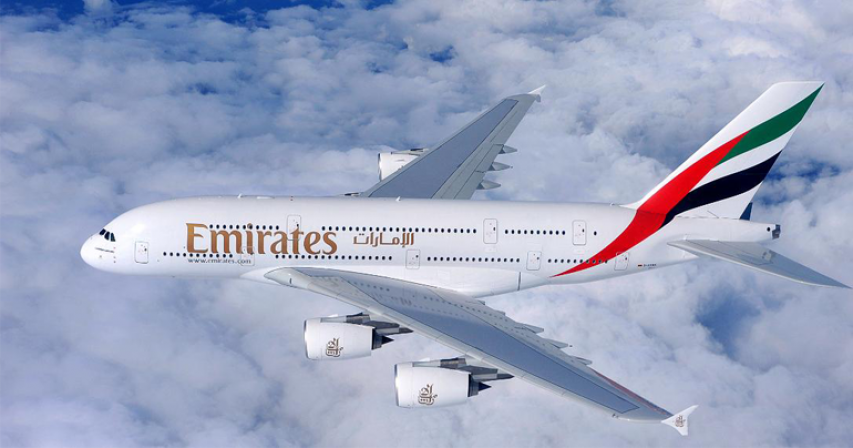Emirates president Tim Clark says business travel could bounce back in 2022
- 4 years ago

John Defterios and Stephanie Bailey, CNN
Few sectors have been hit as hard by the coronavirus pandemic as the aviation industry.
Last month, the International Air Transport Association (IATA) forecasted the crisis will cost airlines $157 billion this year and next, and the sector has already cut tens of thousands of jobs.
But Tim Clark, president of the Emirates airline, sees reason to be optimistic. He thinks business travel could bounce back in 2022 and that the sector will grow, from pre-pandemic levels.
Clark recently spoke with CNN's John Defterios about the recovery of business travel and Emirates' imminent role as a distribution center for future Covid-19 vaccines.
This interview has been edited and condensed for clarity.
John Defterios: When does business travel get back to normal, or is it going to be defined as a new normal that's probably 25 or 30% less than you had prior to the pandemic?
Tim Clark: No, I would say the converse. What has happened as a result of being locked down, as a result of having to engage in (online communication) networks, whether it be Zoom or (Microsoft) Teams, I saw it in the mid '90s, when we digitized the global economy and all these tools came to market. The digital world ruled, the age of information came along, and everybody said, 'you know what's going to happen? We're not really going to travel anymore.'
The converse happened. Between 1995, and 2015 to 2018, the demand for business travel grew exponentially. The more they (people) interacted, the more they traveled. As we get back to normal, as the economy is strengthened, as cash starts flowing back into the businesses that have been affected, we'll start to see business travel bounce back, and we'll see it grow. It will not slow down.
JD: You had a $5 billion swing from profitability to loss in the latest quarter. Can you get to profitability in the first half of 2022 as a carrier, as a group?
TC: I think we will start seeing a rapid return to cash positivity during the course of '21. I would say that in the financial year '22, '23, that's when you will see the airline go back to profitability and generating the cash that it needs to meet the obligations that it has. We can then continue our plans for fleet renewal, for network expansion, with some of the new aircraft.
That will happen in '22, '23, '24. I may be out by six months, but in the past, we've generally got it right when we take an assessment (of) what's likely to happen.
JD: If you take a step back, the pandemic is almost driving innovation. Is this kind of a game-changer, forcing change?
TC: Necessity is the mother of invention, of course it is. And you can see it in all walks of life, how people have stepped up in whatever business it is to try and deal with this and that has caused high levels of innovation. If anything comes out of this, it's the catalytic effect it has on innovation. It's causing people to look at their business models. So, in the end, we will be paradoxically better for it once we're through it.
JD: You serve as a bridge between Asia, Europe and even the United States and stretching down to Africa. Can you define your role as a distribution center for the vaccine?
We saw an opportunity to create a hub, both in this airport (Dubai International) and Dubai World Central and that's what we did. So fortunately, we are now in a position that with our fleet of aircraft, including all the freighters, we can now create a hub for all these vaccines.
If we can engage with the suppliers, as we have been doing, to build a hub here, we can store the vaccines at the temperature that they need to be, and then distribute them to Africa, South America, West Asia, India, Pakistan and further East. So, we're organizing ourselves to do that.
Comments